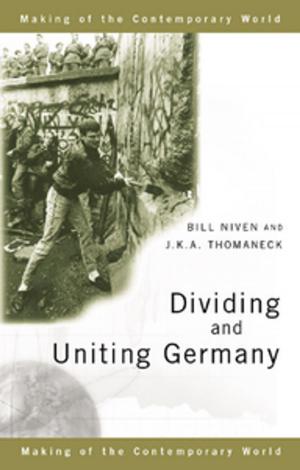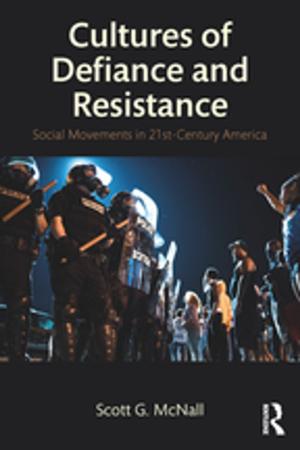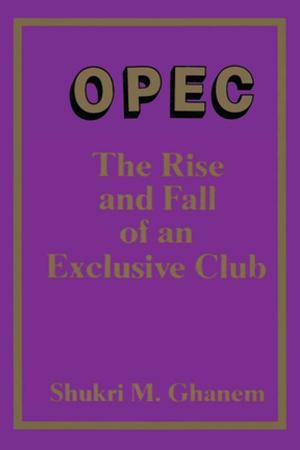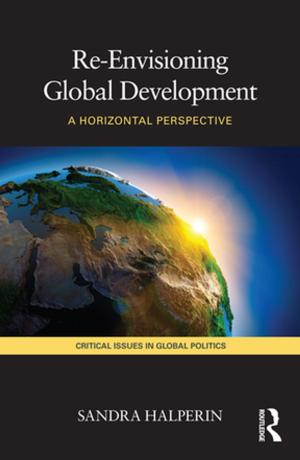Lessons from Ground Zero
Media Response to Terror
Nonfiction, Reference & Language, Language Arts, Communication, Social & Cultural Studies, Political Science| Author: | Jay Perkins | ISBN: | 9781351508926 |
| Publisher: | Taylor and Francis | Publication: | September 8, 2017 |
| Imprint: | Routledge | Language: | English |
| Author: | Jay Perkins |
| ISBN: | 9781351508926 |
| Publisher: | Taylor and Francis |
| Publication: | September 8, 2017 |
| Imprint: | Routledge |
| Language: | English |
It ranked among journalism's finest hours. That is what was heard in the weeks following September 11, 2001. They made mistakes, of course, but in covering one of the biggest disasters ever to hit the United States, journalists used their training, their experience, their understanding, and their sensitivity to provide coverage that helped bring understanding and a sense of calm to the chaos. Their performance did not end with reporting the immediate impact of the catastrophe. They continued to analyze what happened, the impact to property and human lives, the impact on government and foreign relations. Lessons from Ground Zero's examines journalism's efforts to cover a crisis, while analyzing journalism itself. Many lessons were evident to journalists as they sought to cope with the challenges of covering 9/11. The long-term question, however, is whether the answers they found served as catalysts for better journalism in the future, or whether they have been forgotten, put into the closet of old memories with no noticeable long-term impact. This book analyzes journalists' response to 9/11 through scholarly research and interviews with many of the journalists who covered 9/11. Sometimes they do not agree, but all are thoughtful and each adds to understanding. Public opinion polls show clearly that citizens appreciated and responded to media coverage. Given that this occurred in a time frame in which public approval of American journalism had declined, it is reasonable to ask what the media did that was different from their normal practices. This book provides some of the answers.
It ranked among journalism's finest hours. That is what was heard in the weeks following September 11, 2001. They made mistakes, of course, but in covering one of the biggest disasters ever to hit the United States, journalists used their training, their experience, their understanding, and their sensitivity to provide coverage that helped bring understanding and a sense of calm to the chaos. Their performance did not end with reporting the immediate impact of the catastrophe. They continued to analyze what happened, the impact to property and human lives, the impact on government and foreign relations. Lessons from Ground Zero's examines journalism's efforts to cover a crisis, while analyzing journalism itself. Many lessons were evident to journalists as they sought to cope with the challenges of covering 9/11. The long-term question, however, is whether the answers they found served as catalysts for better journalism in the future, or whether they have been forgotten, put into the closet of old memories with no noticeable long-term impact. This book analyzes journalists' response to 9/11 through scholarly research and interviews with many of the journalists who covered 9/11. Sometimes they do not agree, but all are thoughtful and each adds to understanding. Public opinion polls show clearly that citizens appreciated and responded to media coverage. Given that this occurred in a time frame in which public approval of American journalism had declined, it is reasonable to ask what the media did that was different from their normal practices. This book provides some of the answers.















